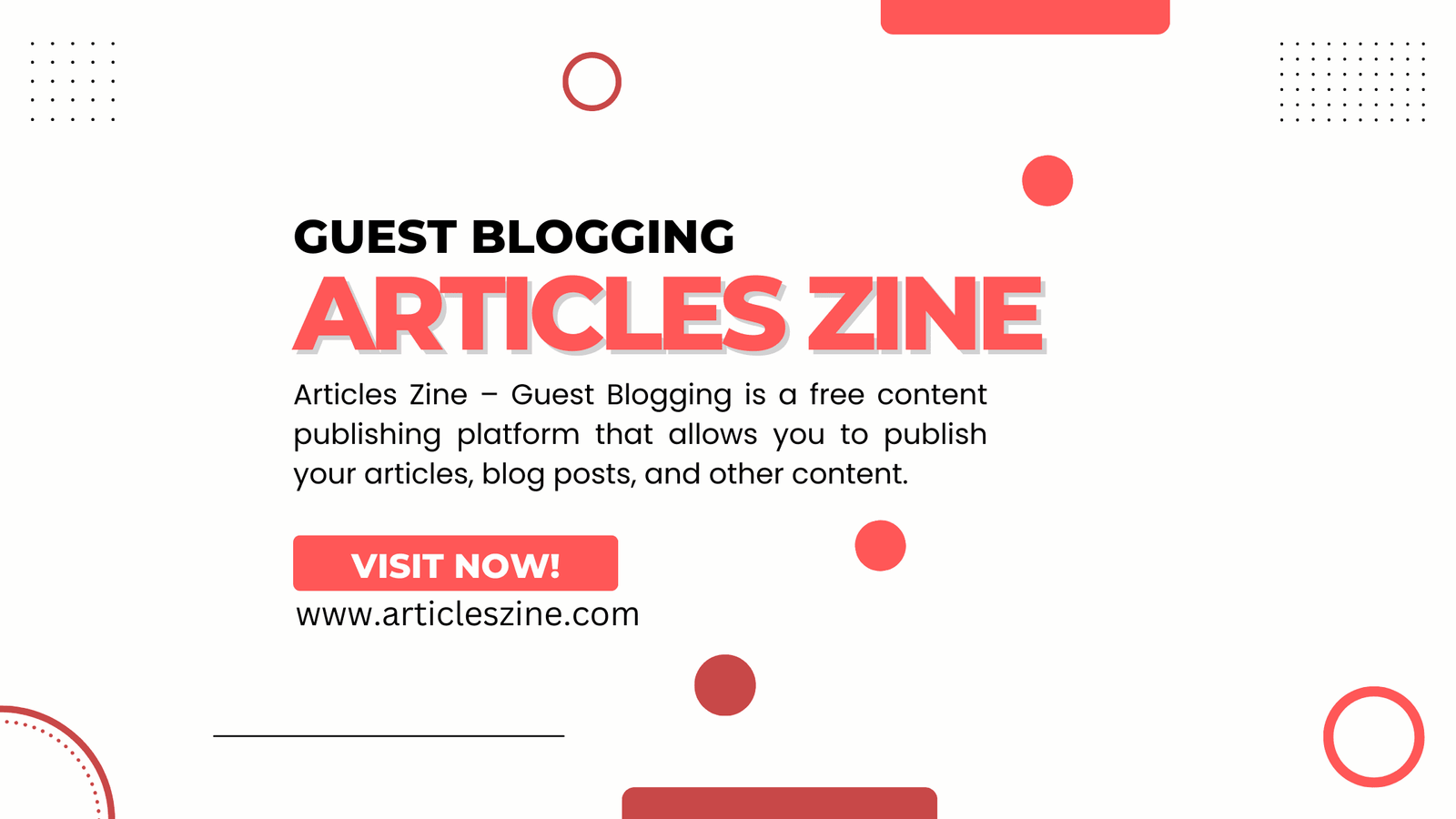[ad_1]
So you’ve gone to the time, expense and effort to complete some aspect of formal education. Or maybe you started to work on this, but then inevitably, life happened… had to take a job to pay the bills, got married, had kids, moved, etc. etc. There’s a universe of things that life can throw at you that can interrupt even the most well-intentioned plans for education.
There are some rules of thumb out there when listing education on a resume which should be considered.
1. DON’T list the year you graduated. Unless you are in an education, government, scientific or highly technical field where having a date of graduation is essential, please don’t broadcast how old you are by including this information. (Human resource managers do the math!) Sure, if you are an adult learner who just got done with a degree, it’s new and important to you just like it is to a person fresh out of high school who immediately went to college. However, resist the temptation to perhaps look younger by listing the graduation date!
With the exception of the four fields mentioned above, the cold, hard truth about education is this:
Most employers really only care whether you graduated… Yes or No.
They don’t care what your GPA was, how many times you made it to the Dean’s list, what scholarships you landed, and sure, you can list that you graduated as magna cum laude or summa cum laude… but that often isn’t a deciding factor as to whether or not to hire you- it just becomes distracting with all of the scholarships, awards, grade points, etc. Keep it clean and simple.
2. A common mistake recent graduates also make is that they want to list their education FRONT AND CENTER… naturally because this is generally the MOST IMPORTANT THING the person has ever done in their lives to date. However, most human resource managers are really probing for what kinds of experience that the person has, not their education. So the best advice is to put the education later in the résumé rather than near the beginning.
3. DO list all of your education. Some people in this economy are becoming sensitive about feeling ‘over-qualified’ or ‘over-educated.’ Think of it this way- employers are in the catbird seat right now… they can afford to hire workers that they couldn’t dream of hiring just five years ago. So they are ‘cherry-picking’ the top candidates and if they can find a top leader in a field who is willing to come work for them, they’ll gladly take them. Who wouldn’t?
Additionally, if you didn’t complete a degree, you can indicate: “Program coursework in: (area of study).
Give yourself credit for the time you’ve put into it, even if the end result isn’t what you had hoped for. It shows initiative and a desire to improve your knowledge and skills.
I’ve had a few clients that I’ve worked with who had put down a degree name on their résumé, but it turned out that during our consultation, that, well, they never ever REALLY ended up finishing their degree.
This kind of misrepresentation is one of the oldest tricks in the job search book… if this sounds like you, it would be in your best interest to be as forthright as possible about your educational background. Human resource managers are well aware of this trick!!! Quite honestly, the EASIEST background check to do in the world is to verify whether a person graduated or not from a particular institution. Fudging it or trying to convey a different impression is a fast-track to the trashbin for your résumé.
So this is an ‘either’ or an ‘or’ situation.
EITHER you got the degree OR you took program coursework in a field.
If you are currently in progress, you can indicate:
Degree name (spelled out, please): area of study (anticipated completion date: ______)
As for the rest of your education, anything else that is not from a formal, accedited institution or career school falls into the ‘professional development’ category, and can include everything from industry certifications, workshops, trainings, continuing education units (CEUs), conferences, seminars, conventions and the like.
You’ll want to call this specific section “Professional Development,” which conveys to an employer that you are always actively taking steps to improve and hone your skills so you can do your job better.
Not working right now? Have some resources? Try keeping up on industry trends by registering for a class in your field through a trade association. It’s a great way to keep your ‘toe in the pool’ and stay current.
Keeping your mind engaged while looking for employment is very important. Sometimes, being laid off is the very opportunity needed to open a new chapter for professional enhancement… there simply wasn’t time for it previously. You never know where this can lead to! A recent client of mine spent the money to get certified with another industry credential. One of the requirements of the certification was to take an exam. When she showed up at the exam location, she found out that she was the only unemployed person there- everyone else was there through their company. The amazing thing was that she got three highly-qualified job leads by talking to the people there at the exam location… and she was so thrilled that the exam itself wasn’t the highlight of the day!
[ad_2]
Source by Dawn Rasmussen



